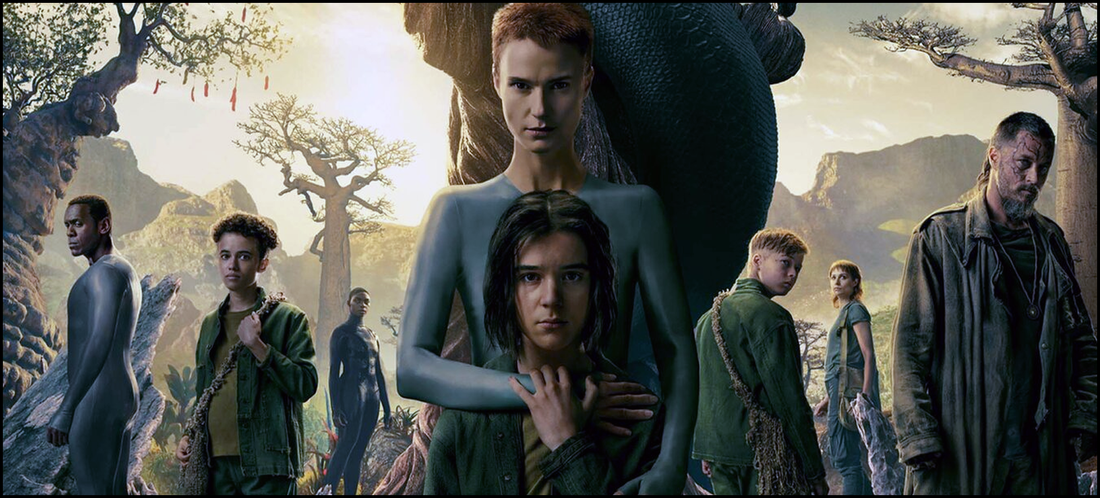In short … well, yeah, it was a bit confusing.
As I’ve mentioned before, I recall reading some of the reviews regarding the program’s first season, and I specifically went into it figuring I wouldn’t like it. Mostly, this was owed to the fact that so many of the reviews talked about the show’s ongoing political themes – something I really don’t care all that much for in my weekly procedurals – but when I viewed the episodes I thought they were perfectly fine. Yes, there are some political undercurrents, but the core storytelling focuses more on social and moral issues than the politics. I think some of the reviewers were quick to point out their own associations with the material; and some of those were easy to dismiss. The end result was a first season rich in ideas about how life – sentient and artificial – might have to collaborate in the future in order to reach the shared goal of surviving.
So … about Season 2?
There’s a bit of a time jump – not a huge one but still necessary to set up a slightly different set of circumstances for our leads, Mother and Father. Season 1 ends with Mother giving birth to Number 7, and a fair portion of Season 2 deals with this … erm … new life form. (I won’t spoil it, but let’s just say its QUITE the evolution.) I’ll admit to being a bit confused through the first episode back, but it all starts to clear up fairly quickly, though this might be where some fans lose a bit of respect or interest in the ongoing story.
Mother, Father, and the children are now part of a collective – one that has its own unique social structure – and viewers are back heavily ensconced in the political of this future society. An awful lot could be postulated about this world and how it reached this point, but essentially you have believers in a deity and believers in a central science at odds with one another. (I’m oversimplifying a bit solely to make the arguments relatable.) Into this mix the writers inject a fair amount of … well … I guess one might call it pseudo-science requiring some pretty astounding evolutionary leaps. Suffice it to say, I think it works fine thematically … I’m just not convinced it was all that interesting much less plausible … but I’m not a scientist.
In fact, there were other far more interesting developments in Season 2 that tickled my fancy more than the main storylines. Adversaries found themselves in agreement, and some weak alliances were formed over some very strategic reasons: think what you may, but I’ve always thought enemies having to work together truly makes for some great drama. There were also a few new synthetic characters introduced – one younger and one very much older, it would seem – that truly challenged what we’d known about artificial intelligence and the possibilities of living with them previously; and it was dynamic watching how the established players warmed to these new movers and shakers. As you can imagine, the show that flirts heavily with faith and belief didn’t shy away from new ways to question our commitment, and one prominent player may have made the biggest sacrifice yet … only we won’t know for certain until a decision is made about whether or not the show will move forward with a third season. (As of today’s date, I’m not finding any confirmation.)
Though I don’t gauge my enjoyment of any program by what audiences and critics think, I’d be curious to know in this instance, mostly because I found the show turning away from its science-side with an increasing focus on the magical and fantastical. This isn’t to say it was good or bad – if you held a gun to my head, I’d probably conclude I was as disappointed with the second season as I was intrigued by it – but I can’t imagine those drawn into what made the show bingeworthy with the first episodes being all that enamored with the second helping. Some of it was handled well, and some felt a bit clunky. Still, it all led up to a massive cliffhanger with perhaps the fate of all mankind hanging in the balance.
Who knows where all of this might lead? Or who knows if this is the last we’ll see of this universe?
Only time will tell.
-- EZ


 RSS Feed
RSS Feed